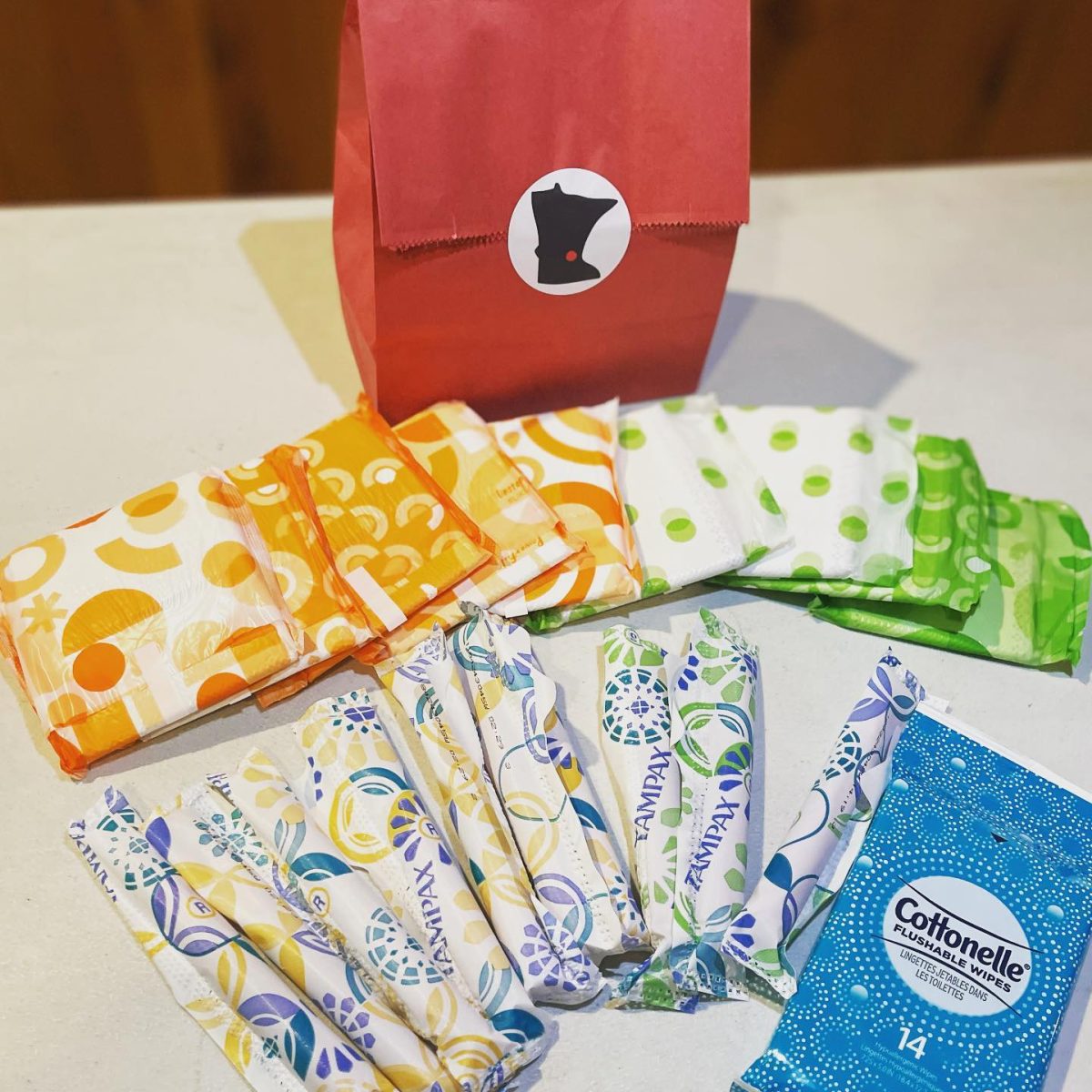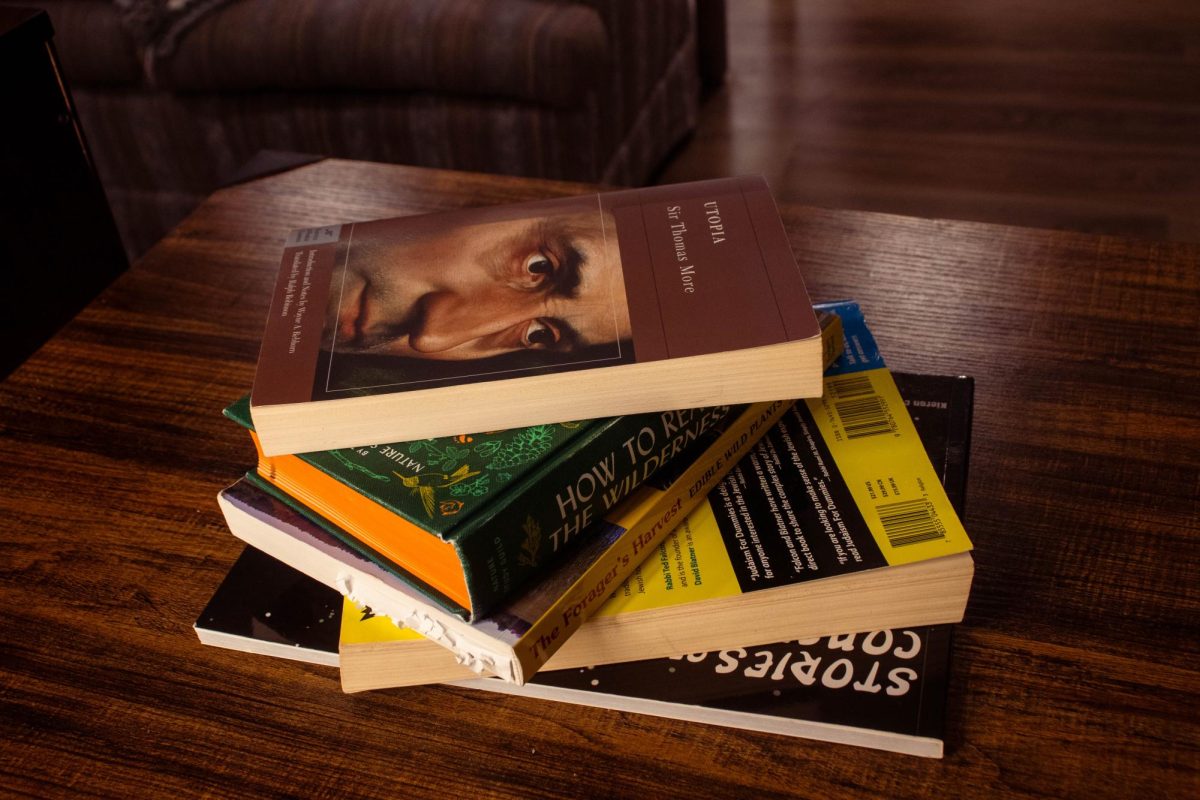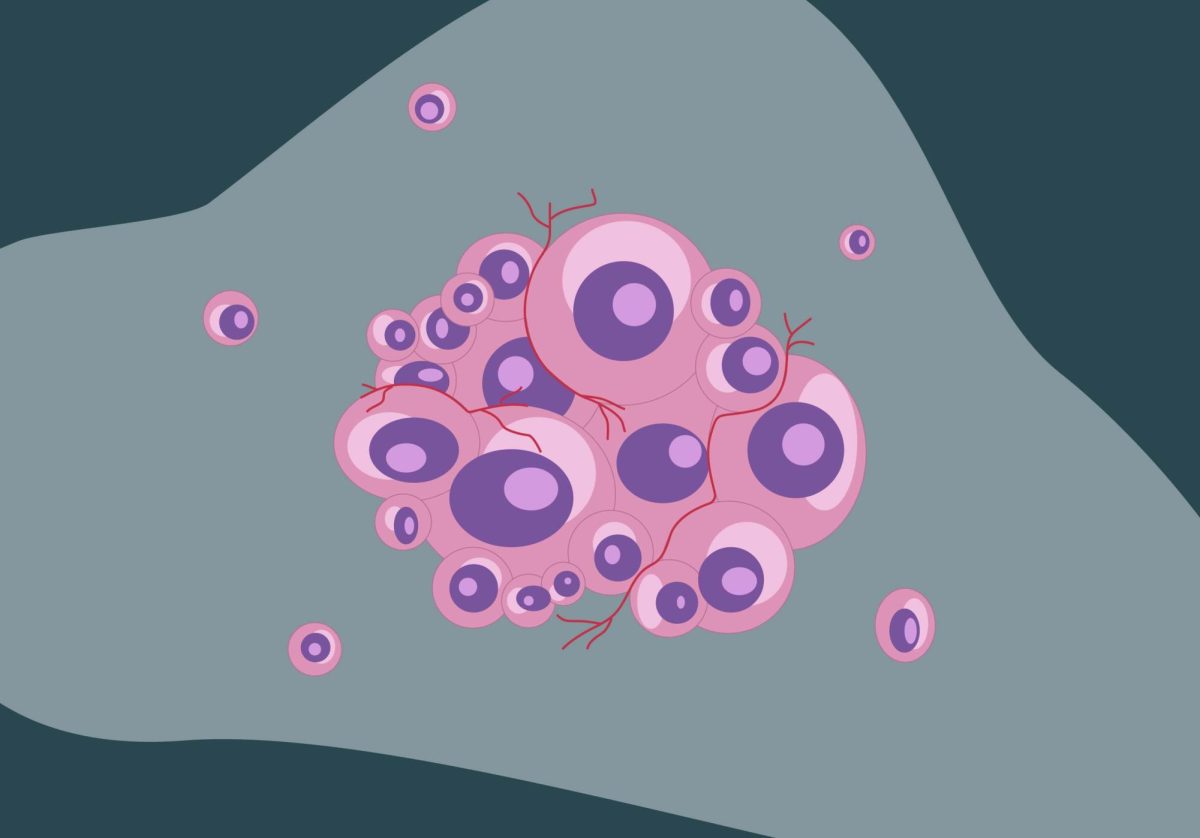University of Minnesota researchers and Period Kits Minnesota highlight the inequities in women’s health care and explore the different period-tracking apps available.
Menstruation is often a stigmatized topic that is not openly discussed, creating gaps in women’s health care and limited resources. Research and organizations are actively addressing these gaps.
Menstruation in sports: Often left out of the playbook
Anna Goorevich, a research assistant in the School of Kinesiology, was playing soccer during her freshman year at Franklin & Marshall College when her season abruptly ended after an impending stress fracture.
It was a life-changing injury, Goorevich said, one that is now recognized as the onset of relative energy deficiency syndrome.
During that time, Goorevich said she lost her period for months due to overtraining and undereating in her new world of collegiate sports, which led to poor mental health and bone density.
After the incident, Goorevich wrote her master’s thesis, entitled, “They seem to only know about bleeding and cramps,” which researched period stigmatization in sports, specifically the role coaches play.
Goorevich was granted the opportunity to present her thesis at the Society for Menstrual Cycle research in 2023 and said she hopes to continue to share her research.
“It all starts with education and learning the language and deconstructing the myths and taboos that surround menstruation as really the first step into creating better environments for athletes,” Goorevich said.
Several male coaches praise their female athletes for losing their periods because most male bodies do not menstruate, according to Goorevich. It is viewed as the ideal.
However, it is important not to blame male coaches for their lack of information because they rarely are offered a seat at the table, Goorevich said.
To fight the harmful stigmas in sports, coaches should ensure teams have nutritionists and period kits available, Goorevich added. Making sure uniforms are not white can also help lessen the anxiety around bleeding through and enhance performance.
Through her research, Goorevich said she has found that athletes feel more comfortable talking to women-identifying coaches because they can relate. Just because athletes talk to a woman coach about their period, it does not mean that the outcome is better than talking to a male coach.
Women coaches are also equally misinformed about how to manage periods in a sports setting, Goorevich said. Many times less sympathetic reactions came from women coaches because they have lived through it while male coaches reacted awkwardly.
Menstruation modules that help teach coaches who talk to athletes about menstruation are being worked on at The Tucker Center for Research on Girls & Women in Sport, according to Goorevich.

“Nobody should have to choose, period.”
Period Kits MN is an organization working to address barriers to accessing feminine hygiene products like pads, tampons and now diva cups, said Brandon Biernat, the executive director of Period Kits MN.
The organization started in December 2020 and has been growing ever since, Biernat said. It all started when Geoff Davis, founder of Period Kits Denver, went to lunch with a friend who told him a story about when she had to choose between bread and tampons.
“Nobody else is really doing this in Minnesota,” Biernat said. “We decided we have to, we just don’t want people to have to choose between food and tampons.”
Kits can vary based on an organization’s or community’s specific needs, Biernat said. The standard kit includes ten tampons, ten pads and a pack of flushable sanitary wipes.
Period Kits MN works with food shelves, organizations that support sex trafficking victims and more, Biernat said.
“Not a lot of people like to talk about it, and we’re okay starting that conversation,” Biernat said. “We also understand if you don’t like to talk about it, that’s why we make the kits discrete.”
Period-tracking apps
Danielle Becker-Rosenbaum, an associate librarian in applied economics at the University, conducted research on menstruation apps for period tracking and wellness.
Period-tracking apps do more than just track menstrual cycles, they provide educational material on the life cycle of reproductive health and help people understand their own bodies in an empowering way, Becker-Rosenbaum said.
“In healthcare women’s health is treated as a sidebar, a side note when it comes to money funding,” Becker-Rosenbaum said. “I think if we normalize the use of apps in general for healthcare, but importantly, for women’s reproductive and OBGYN needs they can only benefit.”
Throughout her research, Becker-Rosenbaum analyzed several period-tracking apps and found that a few of her favorites were Eve and Flo.
The tracking app Eve blends periods with sex life and relationships, includes daily articles on tracking, educational resources on fertility and birth control, Becker-Rosenbaum said. The downside to the app is it has a paywall of $59.99 for an annual premium membership.
On the other hand, Flo places an emphasis on understanding a person’s period cycle, and it tracks the person’s mood and gives alerts for late periods, Becker-Rosenbaum said. The app is also free.
“We live in a capitalist society, which I don’t appreciate,” Becker-Rosenbaum said. “I feel like they all should be affordable, and at best free.”
Menstruation is stigmatized and silenced in both sports and society as a whole, Goorevich said. There should be more period-friendly environments that give people spaces to openly talk about their cycles.
“Women, of course, have many different barriers to full equality, access and enjoyment in sport, and the lack of period education adds to these factors,” Goorevich said.














M
Apr 12, 2024 at 12:32 pm
Clue is also a great free app that is science-focused. Appreciate the coverage of this topic as it relates to sports! Would love to see a follow up on “how to” broach the topic from both a coach and athlete perspective, or coverage of syncing exercise training with your menstrual cycle, which seems to be a popular topic (yet also poorly researched).